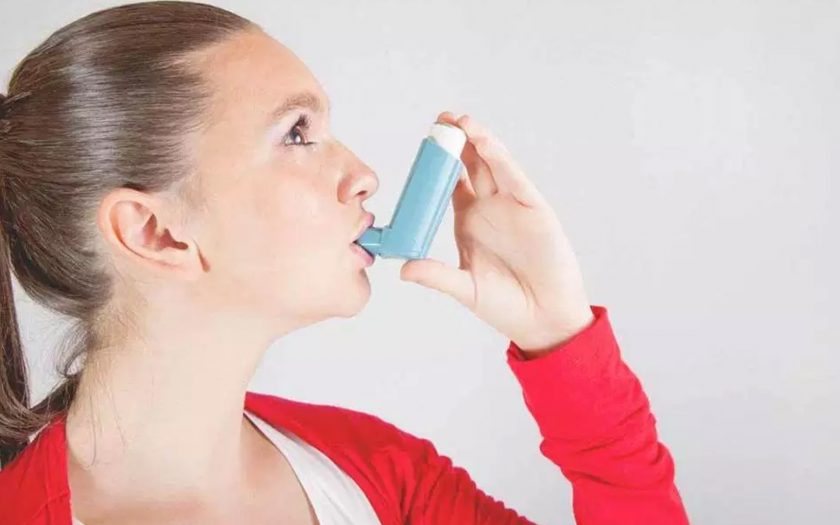The period from April to September is a real problem for people diagnosed with bronchial asthma, because pollen is one of the most common provokers of exacerbation of this disease. Pollination of trees is active in April-May, flowers and grasses – in June-July, weeds – in August-September. Pollen flies in the air, settles on clothes and inevitably comes into contact with humans. Pollen allergy can cause signs of bronchial asthma only during pollination. The result is seasonal asthma or exacerbation of this chronic disease.
The highest concentration of pollen in the air is observed in the morning, as well as during dry and windy weather. Before a thunderstorm, the concentration of a dangerous allergen can increase 12 times. A surefire way to avoid exacerbation of seasonal asthma is to leave areas where the allergen is pollinated. If possible, go on vacation in the summer during active pollination and flowering.
If you are in the city during the summer, strictly follow the treatment plan (such as AB Phylline or Alvesco) prescribed by your doctor, as well as:
- try to go outside as little as possible during periods of high concentration of pollen in the air;
- avoid walks in parks, avoid direct contact with plants;
- do not open windows in the house;
- regularly cleans the apartment;
- coming from the street to change clothes, wash your hands thoroughly and wash your face, it is desirable to take a shower;
- Wear dry, washed underwear and clothes at home.
Also, during pollination, you should avoid foods that can be a source of cross-allergies.
With bronchial asthma, travel is possible and even necessary. And summer is a great opportunity not only to relax, but also to improve your health. People with this diagnosis are advised to rest in the following places:
Forest area.
In summer, the air in this area is dry and cool, its temperature ranges between 77 ° F – 86 ° F, and the humidity does not exceed 60%. When it gets warmer outside, shrubs and trees enrich the air with essential oils and volatiles. These substances easily penetrate into the respiratory tract, promoting the dilution and discharge of sputum. Plants in the forest increases the oxygen content in the air. Coniferous forests are considered the best for asthmatics.
Rest in the mountains.
Ionized air has a beneficial effect on the respiratory tract, promotes deeper and calmer breathing and reduces shortness of breath. It is best to relax in the mountains at an altitude of 1000-2000 meters above sea level. A sharp change in height is not recommended and even dangerous for asthmatics. In the mountains you can go up and down 500-700 meters during the day.
A trip to the sea.
Crystals of mineral salts and air ions, which are saturated with sea air, have a beneficial effect on blood supply and nutrition of the respiratory tract. In addition, swimming for patients with asthma is one of the most useful sports. This allows you to exercise breathing and lungs. It is best if the duration of rest is at least 4 weeks, because the first 7-10 days the body adapts to the new climate.
To make a sea vacation really useful, you need to avoid overheating.

